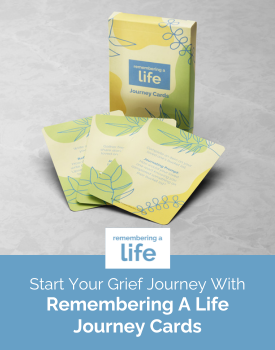Children learn about life and loss through fiction. It’s a safe place for them to identify with a character and see the decisions that character makes, along with the consequences. It’s where they can vicariously feel loss and examine those emotions. More importantly, they bond with the person with whom they are sharing the story. My mother read to me a lot when I was a child, and with every tender or humorous story, we developed a strong bond that helped me understand life. When my grandmother died, books helped me deal with grief. OK, I freely admit that I cried while we read Where the Red Fern Grows. Those times together helped me deal with loss. I always wondered why my mother cried more than I did. Now I know that a good book can stir up emotions, bringing them to the surface where you can talk about them.
Books are important to children because it’s where their imaginations first take flight. It’s where they begin to see the possibilities in their life. For me, that flight was literal. After reading a children’s version of Icarus, a friend and I made wings out of cardboard and completed them by gluing down feathers from a neighbor's pigeon coop. We were certain it would work, that we could fly. Our imaginations were lit by the illustrations of Icarus soaring into the clouds. Unfortunately, we didn’t read the rest of the story; the part where Icarus flies too close to the sun and his wings of wax melt and he falls to the Earth. Luckily, we just jumped off the garage. My friend sprained his shoulder and we were both in a bit of trouble. Later on, in high school, I lost a friend. It made me remember the Icarus story, about living life in the fast lane as my friend had been. Like Icarus, he wanted to be unbounded. And he paid for it in a high-speed crash. Metaphorical stories can help us deal with grief in our own way, and they can be instructive. It’s the parables that help us discover our feelings. They’re not directive, but rather an opening into our self where we find our own meaning.
Books are important at certain mileposts in our lives. We see how fictional characters cope with adolescence and the inherent unfairness. For me, The Outsiders left a deep impression. It was a cautionary tale and made me want to be more inclusive. Kids need permission to act against trends that exclude others and books can do that. And as they get used to that abstract, emotional language they are better suited to understand it when a time of grieving comes.
Books can be a catalyst for unlocking deep emotions. There was a time when a friend of my teenage daughter came over to spend the night. She brought her little sister. The young girl was about eight-years-old and the parents were fighting. So the girls spent the night at our house. The little one was troubled; she needed adults in her life who loved her. So my wife and I spent the evening reading books to her. She went through a range of emotions, sometimes crying, sometimes laughing, before she was finally able to sleep. There will come a time in this girl’s life where she will lose someone. I hope that she has learned to read stories that unlock her emotions so she can heal. We shouldn’t shy away from stories for young children that deal with grieving, but instead teach them to recognize it, accept it, and learn from it.
Grieving is normal. It’s healthy. And sometimes the best way to get started is with a good story...as long as it doesn’t inspire them to jump off the garage.

